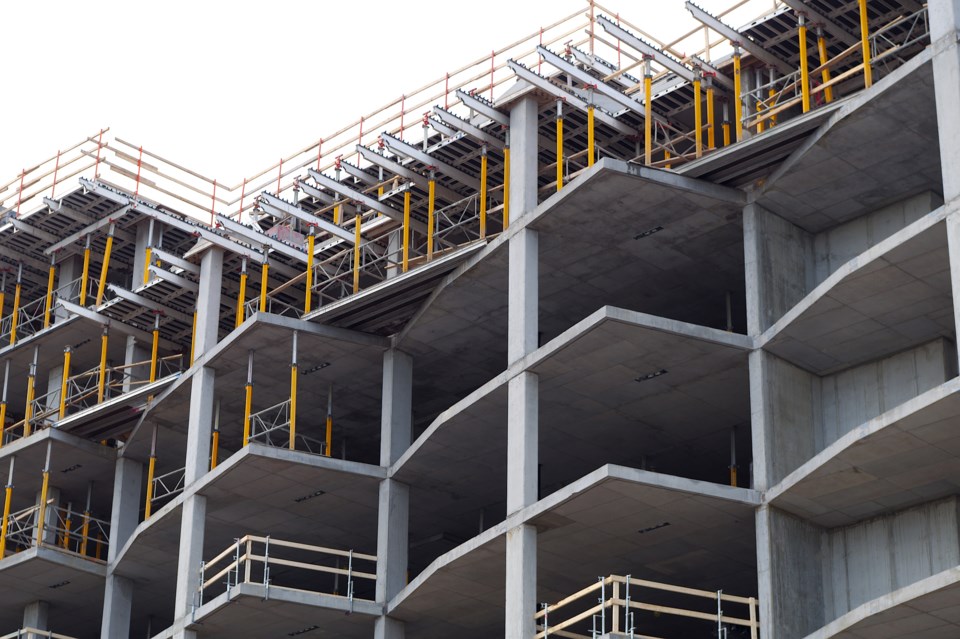Coquitlam is updating its Development Cost Charges (DCCs) this year to ensure development continues to pay towards the cost of new roads, utilities, parks and other growth-related infrastructure.
The City reviews and updates its DCCs every few years in light of changes to development trends, land and infrastructure costs, population-growth projections, regional practices and other factors.
The current review began last summer and the new charges are anticipated for adoption early this summer following a public input opportunity from now until March 15, and upon provincial approval of the updated program. Details can be found at www.coquitlam.ca/dccupdate.
Development Cost Charges Pay for Impacts of Growth
Like most municipalities, Coquitlam charges DCCs to fairly distribute growth-related costs across new development that will result in population growth.
DCCs help pay for new City infrastructure, such as transportation (roads, cycling and sidewalks), utilities (water, sewer and drainage), new parkland and some park improvement projects. They are paid by developers and builders applying to subdivide properties into single-family lots, or for building permits for multi-family residential, commercial, institutional or industrial developments.
In combination with other development fees that help fund future capital improvements – such as Community Amenity Contributions – they reflect the City’s “growth pays for growth” approach.
Input Collected on Proposed Fee Update
As part of its DCC review, the City researches and updates population and growth projections and the associated infrastructure and servicing needs and costs.
New housing and population data available since the last DCC update in 2018 indicates a continuing shift toward multi-family living; with fewer single-family homes now projected to be built by 2050.
Other changes include increased property values, higher construction costs, and planned development in City Centre, Southwest Coquitlam and Northeast Coquitlam that will require investments in transportation, utility infrastructure and parkland.
Based on the new data, the City expects to need an additional $1.6 billion in new infrastructure over the next 30 years to serve a projected population of 246,000 – up 94,000 from today.
Proposed changes to the DCC Bylaw include:
- Streamlining fees for single-family homes into a single rate that reflects regional population and housing data;
- Charging DCCs for multi-family buildings – from duplexes to townhomes and condos – on a per-unit basis rather than by gross floor area, for consistency with other jurisdictions and to accurately capture infrastructure and servicing needs
The City is seeking input from the development community and other interested parties on the proposed DCC update until March 15.
To learn more or provide feedback, visit www.coquitlam.ca/dccupdate or contact the City’s Finance Department at 604-927-3931 or [email protected].





